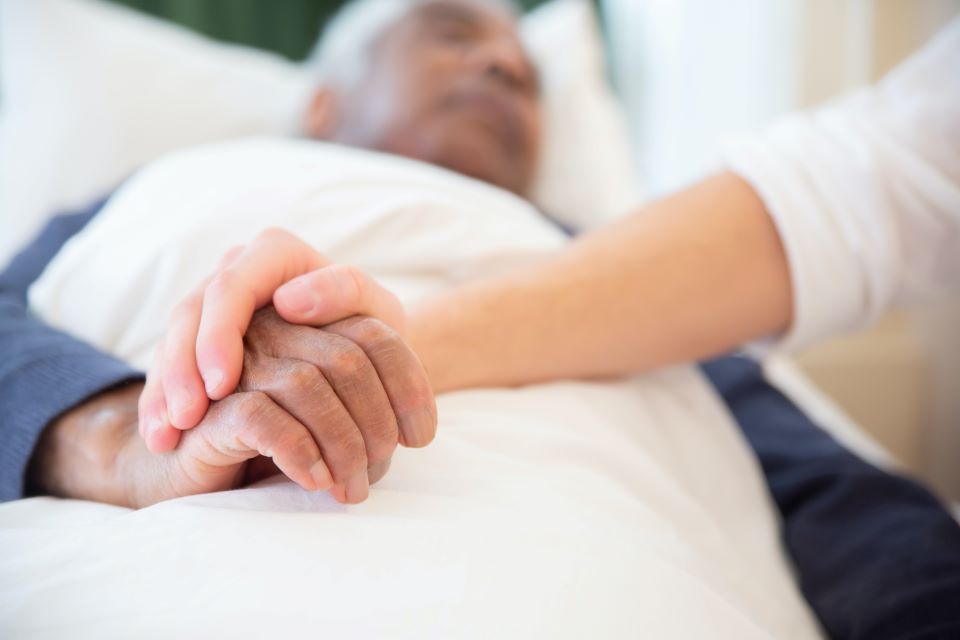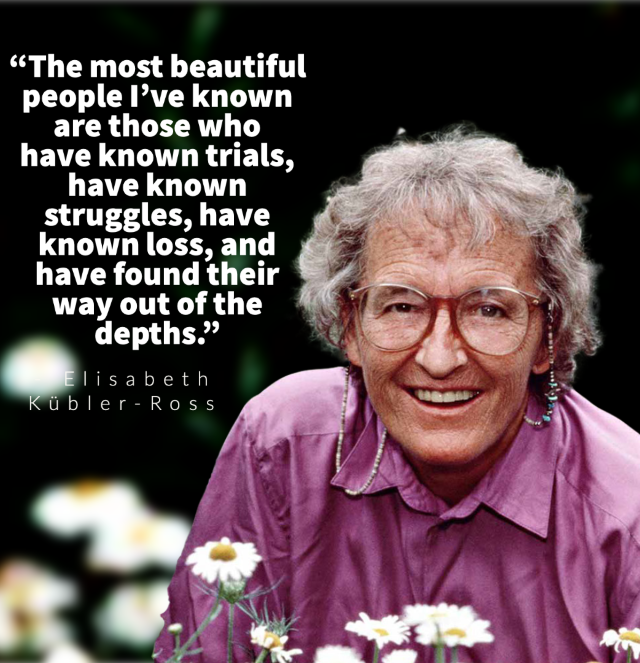Unveiling the Body’s Process Through Dying
Death, a subject often encased in societal taboos, carries an undercurrent of fear and anxiety for many. However, a detailed understanding of the body’s changes during the dying process can offer solace and a grounding reality. Today, we’ll explore the physiological mechanisms at play, breaking it down system by system. The aim is not to instill fear but to equip you with the knowledge that might make this inevitable experience slightly less daunting.

The Respiratory System: Breaths Wane
As an individual approaches the end of life, changes in breathing patterns become increasingly noticeable. Rapid breathing may alternate with very slow, shallow breaths. This is often due to the body’s waning need for oxygen as its metabolic processes slow down.
Practice Offering:
Elevating the head and applying a humidifier can offer comfort to the dying person. Deep, guided breathing exercises might also soothe agitation.
The Cardiovascular System: A Fading Pulse
Lower blood pressure signals the heart’s reduced efficiency in pumping blood, especially to the limbs and extremities. The focus becomes maintaining minimal function in critical organs like the brain.
Practice Offering:
Non-restrictive, comfortable clothing, and gentle leg massages (if appropriate and advised by healthcare providers) can help enhance blood flow and offer comfort.
The Nervous System: Quieting the Mind
Brain activity drops, which can manifest as episodes of disorientation, confusion, or unresponsiveness to external events. Even pain signals may be dulled.
Practice Offering:
Soothing lights, calm music, or natural sounds can help create a peaceful atmosphere. Consider aromatherapy with essential oils like lavender to comfort the senses.
The Digestive System: Slowed Consumption
As the need for sustenance diminishes, you’ll notice a lessened desire for food and drink. The body conserves energy, slowing down digestive processes.
Practice Offering:
Hydration through small sips of water or ice chips can be comforting. Lip balm can also help keep the lips moist.
Organ Failure and System Shutdown: The Finality
In the closing stages of life, organ systems begin their gradual shutdown. It’s a silent yet profound indication that death is near.
Practice Offering:
Palliative care becomes paramount, aimed at maximizing comfort through symptom management rather than curative treatment.
Remember, while it may be complex and even mysterious, understanding the physical journey of dying can bring a measure of tranquility during an emotionally fraught time.






